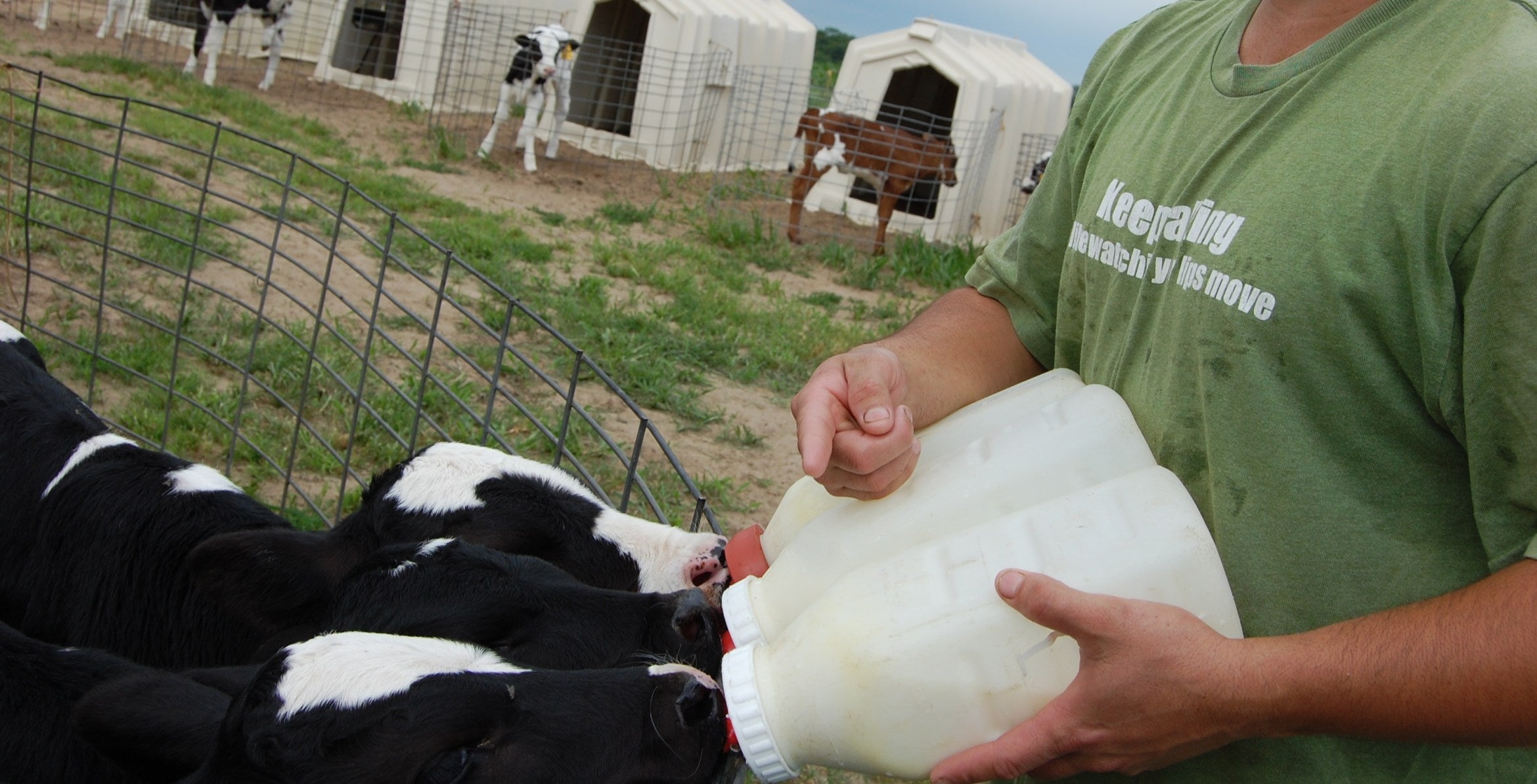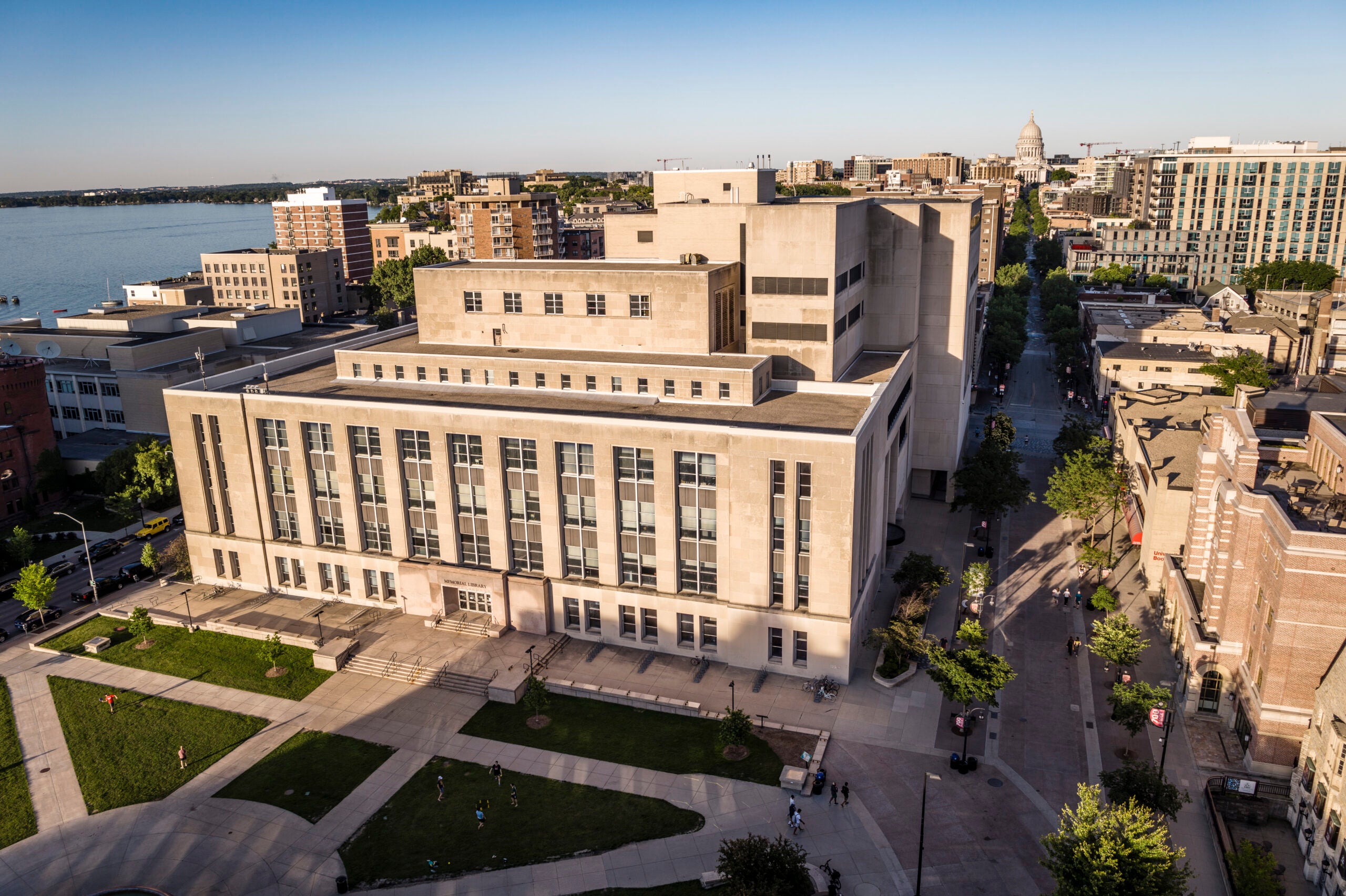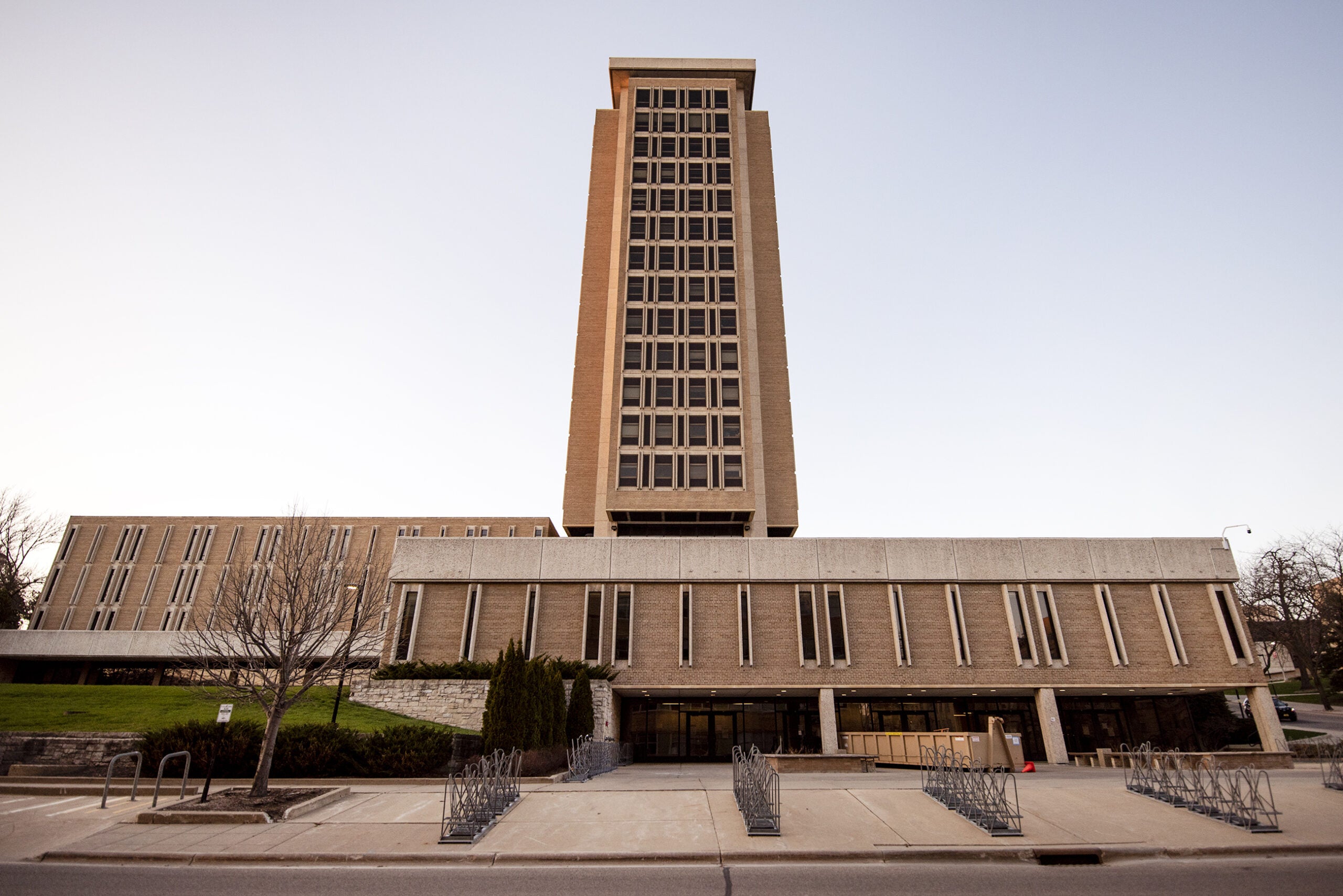University of Wisconsin System officials are preparing to present a draft policy on employee sexual misconduct to the regents. The Board of Regents in June mandated employee personnel files include documentation of sexual misconduct allegations or investigations.
The regents also ordered UW institutions to share those files if the employee is looking for work at another UW campus or state agency.
The change was suggested by regents after news broke that UW-Eau Claire hired Shawn Wilson, former interim assistant dean of students, without knowing he had been the subject of two sexual harassment complaints while he worked as an assistant dean of students at UW-Stevens Point. During his time at UW-Eau Claire, two students in his office filed similar complaints.
News with a little more humanity
WPR’s “Wisconsin Today” newsletter keeps you connected to the state you love without feeling overwhelmed. No paywall. No agenda. No corporate filter.
In a press release from June 7, Board of Regents Vice President Drew Petersen said the board’s top responsibility is ensuring the safety of students and employees within the UW System through personnel policy changes.
“When those policies and procedures are being structured, the end result must ensure that employee misconduct at one UW System institution cannot be hidden as they seek to work somewhere else within UW System,” said Petersen.
A work group drafted a formal policy implementing the mandates and plans to present it to the regents Friday for suggestions.
The policy requires disclosure of substantiated sexual misconduct to hiring institutions both in and outside the system and requires campuses to ask about sexual misconduct before hiring any finalist.
The policy also ensures documentation of sexual violence and harassment within personnel files.
In a press release issued Tuesday afternoon by UW System Administration, Petersen said the new policy will create a system-wide standard for sexual assault and harassment reporting and disclosure during the hiring process.
Fatima Goss-Graves, president and CEO of the National Women’s Law Center, said her initial impression of the policy proposal announced by the UW System is that it’s a positive step for students and universities working to comply with federal Title IX requirements.
Goss-Graves said large university systems like Wisconsin’s can make it harder for administrators to keep track of sexual harassment and misconduct allegations.
“In that case, especially if you’re really truly acting as one system, then there should not be confusion between campuses about the record of individuals,” Goss-Graves said. “So, creating a system that will allow people to understand more information about who they’re hiring seems an important practice.”
But Goss-Graves said the new policy being considered this week by regents should make clear that investigations involving other types of discrimination should also be documented and considered during the hiring process.
“Whatever system they are putting in place it would seem like it might be an important system for them to consider around incidents of discrimination at large,” said Goss-Graves.
And regents need to be careful to consider the nuances involved in harassment and misconduct investigations when determining whether a potential employee should be hired, said Goss-Graves.
“For example, if they conducted an investigation and determined that there actually wasn’t evidence of serious harassment, I’m not sure that should actually implicate someone’s future hiring or whether they get that next job within the University of Wisconsin System,” said Goss-Graves. “So, hopefully they have thought about the range of examples that might come before them as a system.”
Editor’s note: This story was updated at 6:14 p.m., Tuesday, Aug. 21, 2018 to include original reporting from WPR.
Wisconsin Public Radio, © Copyright 2026, Board of Regents of the University of Wisconsin System and Wisconsin Educational Communications Board.







